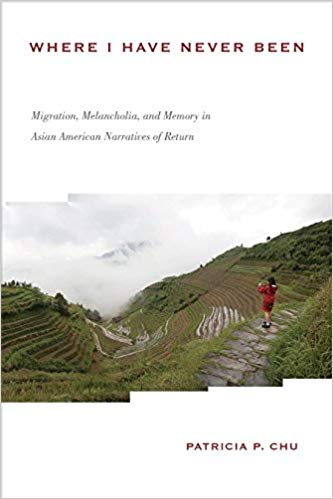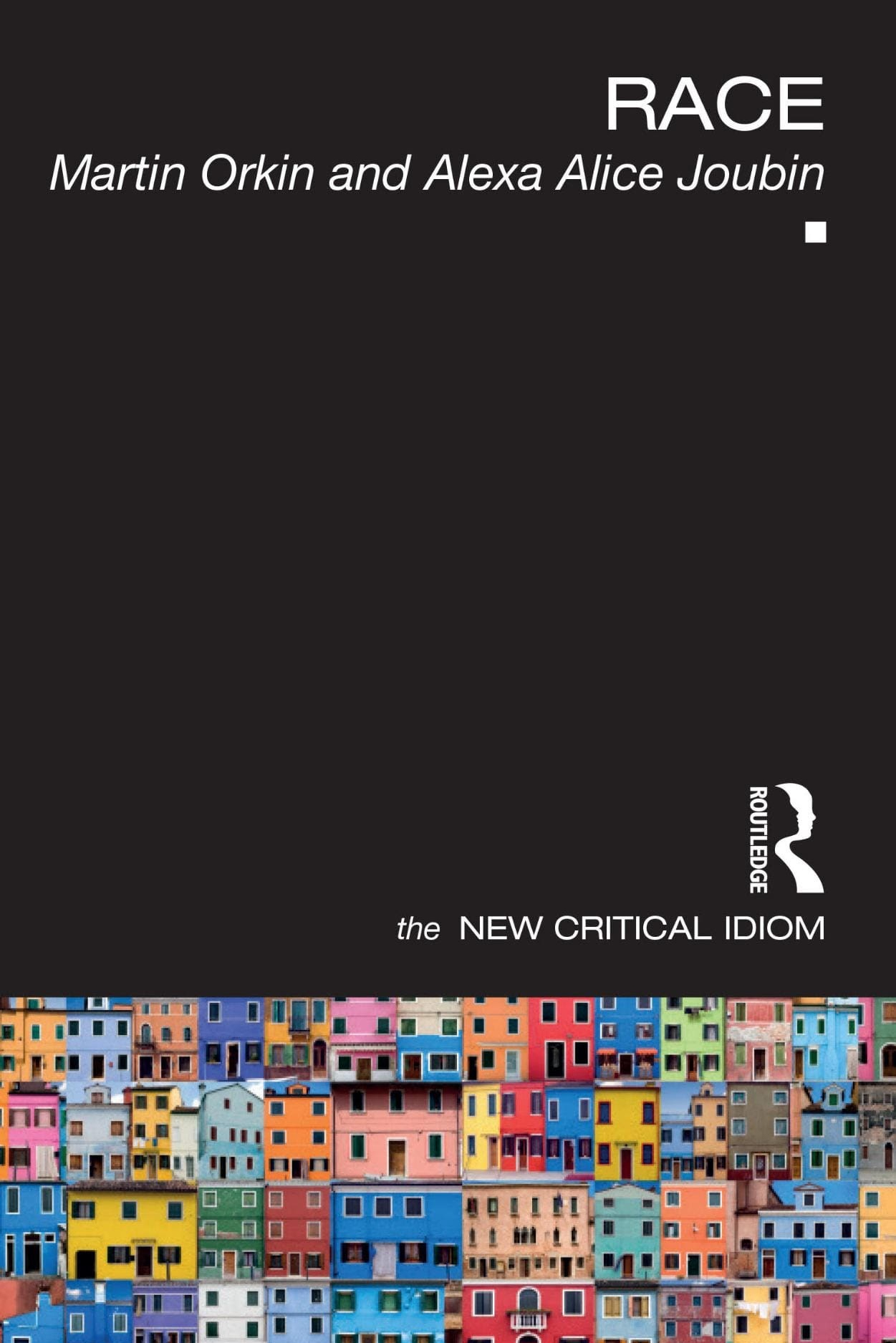Department News, Spring 2019
Message from the Chair
Department Spotlights
Department Announcements
Alumni Updates/Class Notes
Message from the Chair
Welcome to the George Washington University Department of English. We are an engaged and dedicated group of teachers, writers and researchers. Every year our faculty contributes to scholarship in our field with new faculty books, new articles, stories and poems. Some of the more recent books are highlighted in this newsletter. Our publishing develops our teaching, and our English majors grow in their capacity for critical reading, historical analysis and imaginative thought. We continue to offer general survey courses in many fields of literature and creative writing. We also offer specialized courses important for our majors and also courses of broad interest to students across the university. We have been innovative in the introduction of new courses, and we now have a new website. We invite you to explore our web pages, read our blogs and newsletters and let us know what activities you would like us to introduce.
Professor Marshall Alcorn
Chair of the English Department
Department Spotlights
In Where I Have Never Been, Patricia Chu Reframes the Asian American Literary Tradition through Stories of Return to Asia
Cover photo, "Sophie in Longsheng," courtesy of Lee B. Ewing.
In researching accounts of diasporic Asian offspring who symbolically “returned” to their ancestral countries, Professor Patricia Chu learned she was not alone in feeling connected to her parents’ culture while growing up in America. The bittersweet emotions experienced and the perspectives gained when she first visited China are reflected in the 100 Asian American return narratives she examined for her book, Where I Have Never Been: Migration, Melancholia, and Memory in Asian American Narratives of Return. These narratives (including tales of actual return by Asian American immigrants) depict migration-related melancholia, question official histories and portray Asian diasporic families as flexible and transpacific. By considering the theme of return, Chu recasts Asian Americans not only as minorities in America, but also as global subjects in narratives of educational exchange, commerce and global migration.
In the memoir of Yung Wing, a 19th century Yale graduate who returned to China, Chu argues that Yung engaged with missionary travel narratives and African American slave narratives to contest Western colonialism in China. Considering personal essays collected by historian Josephine Khu, Chu retraces the educational stages and shocks encountered by diasporic Chinese or their offspring in returning to China. In histories where diasporic offspring retrace their ancestors’ lives (written by novelists Lisa See and May-lee Chai, best-selling biographer Denise Chong and scholar Winberg Chai) Chu argues that Asian American narratives of return seek to remedy widely held anxieties about cultural loss and the erasure of personal and family histories from public memory. And in contemporary novels by Lydia Minatoya and Ruth Ozeki, Chu finds the writers deploy a Japanese American feminist literary tradition to engage imaginatively with debates about Japan’s wartime history. In short, narrators of return respond to histories of trauma, loss, and mourning through acts of remembrance and counter memory.
A recent essay by Chu titled "Coming Home" appears on the Temple University Press website.
Alexa Alice Joubin and Martin Orkin Trace the History of Race as a Critical Concept
Professor Alexa Alice Joubin published a new book, Race, in Routledge’s New Critical Idiom series. Co-authored with postcolonial theorist Martin Orkin, this is a major new work in the field, because it draws on culturally and historically diverse materials to examine the intersections of race and gender, whiteness, blackness in a global context and race in South Africa, Israel, India, Europe, the United States, East Asia and Asian America. From Black Lives Matter movements to #MeToo movements, the book close reads a wide array of examples from the Middle Ages to the Renaissance to the 20th century.
If race is a central part of human identity, can one own or disown one’s race? To which community would a multiracial person, an immigrant or a diasporic subject belong? What future is there for race as a viable analytical concept? The book argues that race is profoundly constituted by language and narratives. Race is a signifier that accumulates meaning by a chain of deferral to other categories of difference such as gender and class.
Co-writing a book involves both singing side by side and ventriloquism. This book started its life in Martin’s notebook. After Martin fell ill, Alexa took over the project but tried to preserve both voices.
In the United States, race often brings to mind people who are not white, while whiteness remains unmarked and serves as a benchmark category—as if white is not a race. The second feature in American racial discourses is the alignment of a race-based social group with innate or inner qualities rather than class. Third, the focus on black and white sometimes obscures other groups within the United States, such that Hispanics, Latinos, Chicanos, Asian Americans and Native Americans often fall under the rubric of ethnicities rather than “race.”
Crip Times: McRuer Describes Disability Activism in Age of Austerity
In his book Crip Times, Professor Robert McRuer contends that disability is a central but misunderstood element of the global austerity politics of the last several decades. He asks how disability activists, artists and social movements generate change and resist dominant forms of globalization in an age of austerity, or “crip times.”
McRuer considers how transnational queer disability theory and culture—activism, blogs, art, photography, literature and performance—provide generative sites for contesting austerity politics and imagining alternatives. The book examines various cultural flashpoints, including the London 2012 Olympic and Paralympic Games; the murder trial of South African Paralympian Oscar Pistorius; the photography of Brazilian artist Livia Radwanski documenting the gentrification of Colonia Roma in Mexico City; the defiance of Chilean students demanding free, accessible education for all; the sculpture and performance of U.K. artist Liz Crow; and the problematic rhetoric of “aspiration” dependent upon able-bodied and disabled figurations in Thatcher’s England.
Crip Times asserts that disabled people themselves are demanding that disability be central to our understanding of political economy and uneven development and suggests that, in some locations, their demand for disability justice is starting to register. Ultimately, McRuer argues that a politics of austerity will always generate the compulsion to fortify borders and to separate a narrowly defined “us” in need of protection from “them.”
Department Announcements
Faculty Kudos
Professor Evelyn Jaffe Schreiber has edited the book Healing Trauma: The Power of Listening, described by critics and scholars as “a fascinating compendium of articles that look at trauma through a myriad of lenses—existential, neuroscience, history, psychoanalysis, sociology, [and] traumatic stress research literature.”
Thomas Mallon (Emeritus Director of Creative Writing) published Landfall, a comic novel about the presidency of George W. Bush, described by The New York Times as “smart and knowing and absorbing,” “extremely well made” and “excellent,” with dialogue reminiscent of Aaron Sorkin’s “strenuously witty repartée” (Kurt Andersen, Feb. 11, 2019). Kirkus Reviews calls Landfall ”marvelously detailed, often darkly funny,” and “as informative as it is entertaining." Congratulations to Professor Mallon on publishing his tenth novel!
Current Students
Undergraduate research assistants Kaitlyn Nigro and Gwendolyn Umbach, juniors in the University Honors Program (UHP), published a collaborative essay with English Professor and UHP Executive Director Maria Frawley that explores how Jane Austen used the language of economics throughout her work— with words such as worth, value, estimate—and why. Their work was profiled in GW Today.
Alumni Updates/Class Notes
Henry Alexander Nejako, BA ’93, is currently working as a marketing manager at TCC, a Verizon Authorized Retailer. He has been working with marketing and marketing automation for almost 20 years.
Maggie Carleen, BA ’15, lives in Washington, D.C., and works as a writer for an international nonprofit called Living Goods. In her free time she volunteers as an editor for Young Professionals in Foreign Policy and is pursuing a master's in communications at Georgetown.
Suzanne Gibbons, BA ’63, is now living in the U.K. after 12 years in Bombay. She retired in 2009 from her role as the head of a London-based registered charity. She is active in the local community as a director of the outdoor swimming pool and the town's Public Hall.
Duane Gilson, PhD ’16, published Jesus Freak (Bloomsbury) and has a collection, Incarnate: Notes from an Evangelical Boyhood, forthcoming from the University of Georgia Press. He is an assistant professor of English at Texas Tech University.
Amit Goel, MA ’05, is an instructional designer. He designs undergraduate and graduate courses for online learning at Purdue University Global. He has also worked as a professor of business writing and rhetoric.
Samuel Jay Keyser, BA ’56, will have his book, Modernism, the Sister Arts and the Easter Egg: A Theory of What Happened to Poetry, Music, and Painting at the Turn of the 20th Century, published in the fall of 2019 by MIT Press, Cambridge, Massachusetts.
Yahia Lababidi, BA ’96, is following the successful release of his latest book, Where Epics Fail (which was featured on PBS NewsHour). He launched an online store, Lababidi Ink, art designed to make you think. He was profiled in the CCAS Spotlight magazine.
Daniel Morse, BA ’04, is an assistant professor of English at the University of Nevada, Reno. His most recent article, “Sounding Dismodernism in James Joyce's Ulysses,” appeared in the Journal of Literary and Cultural Disability Studies.
Gail Obenreder O'Donnell, BA ’71, is a 2016 Fellow of the Eugene O'Neill Theater Center's National Critics Institute. She writes critically on theatre, visual arts and music for the online Philadelphia publication Broad Street Review.
Gail Orgelfinger, BA ’72, wrote a book titled Joan of Arc in the English Imagination 1429-1829, recently published by the Penn State Press.





